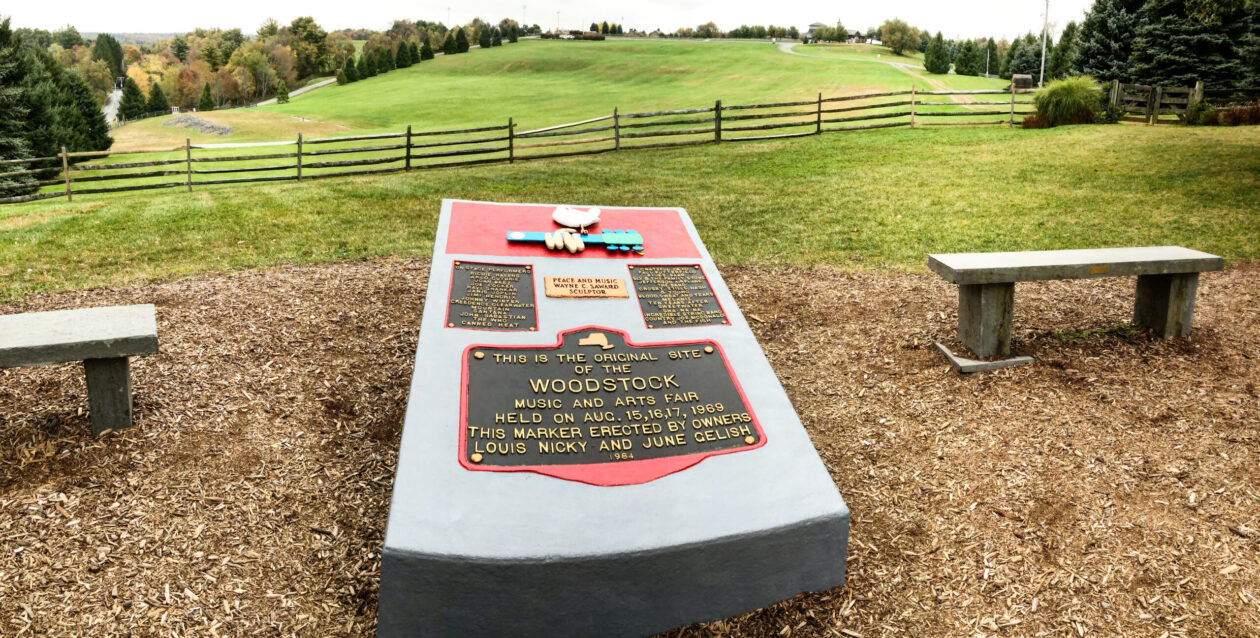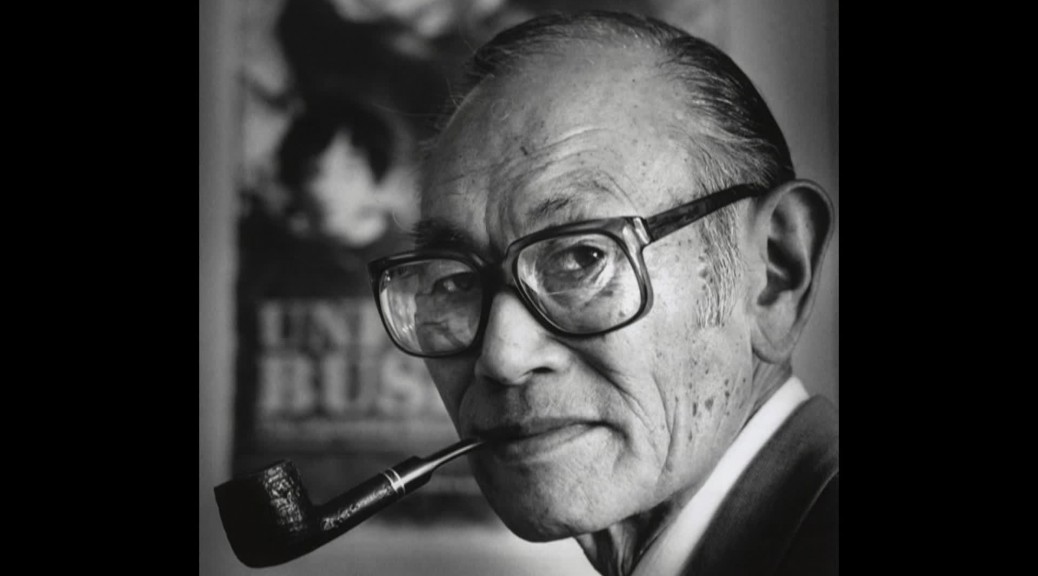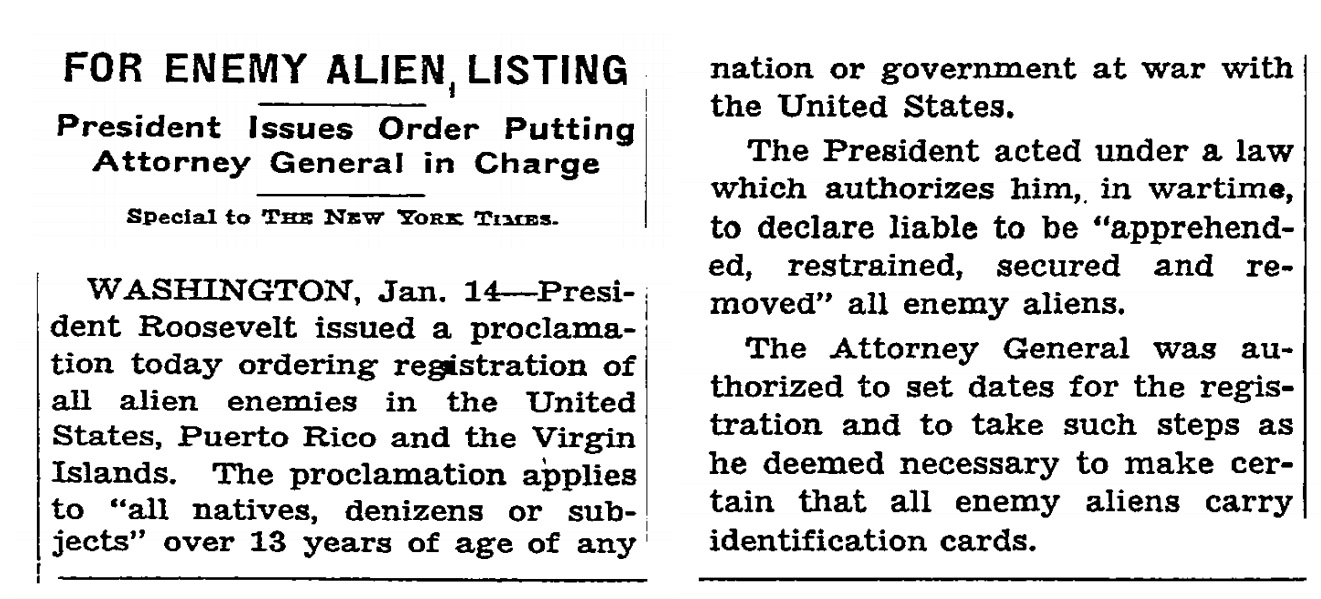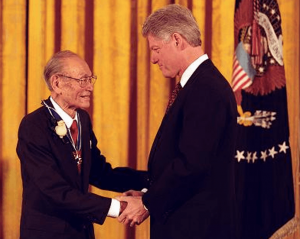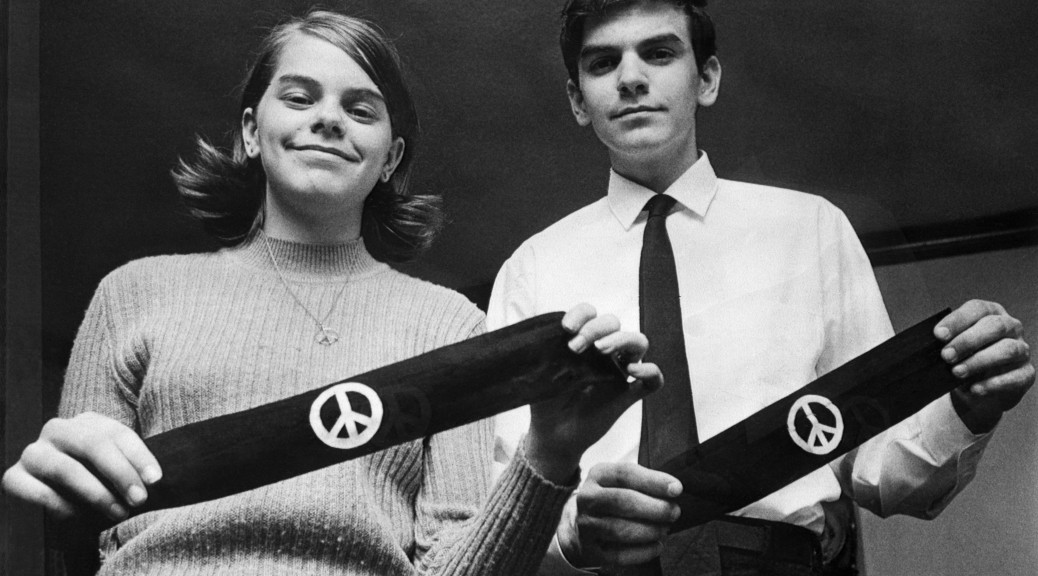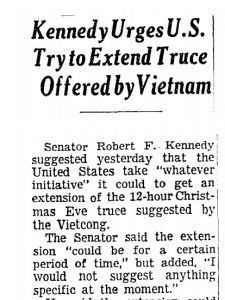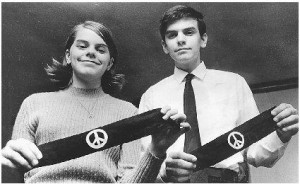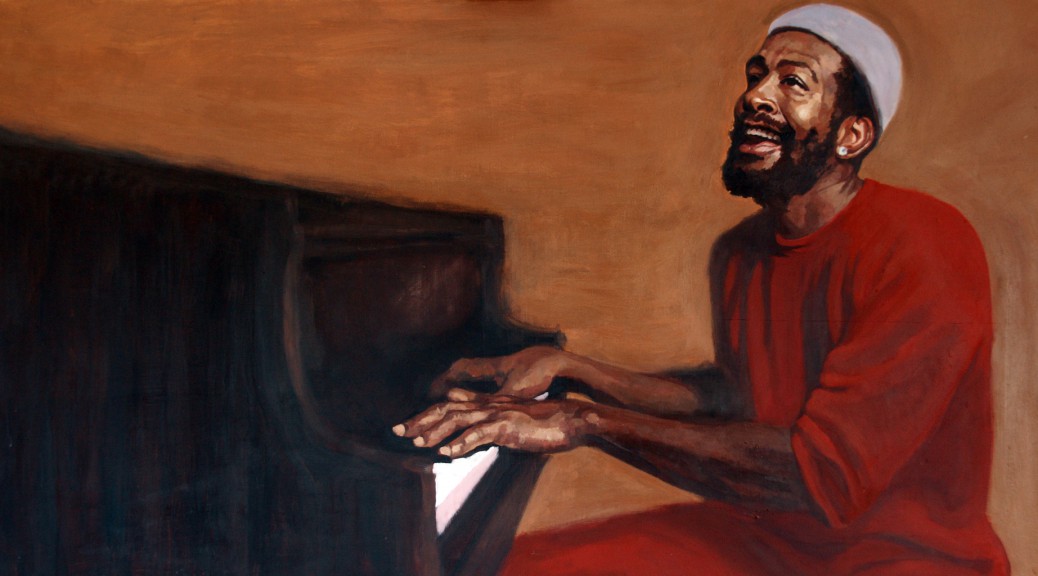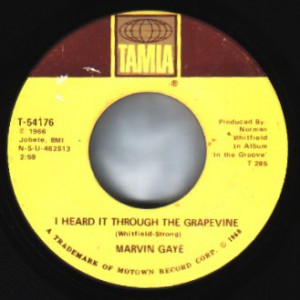Fred Korematsu v United States
Fred Korematsu
January 30, 1919 – March 30, 2005
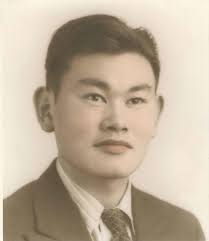
Executive Order No. 2537
On December 7, 1942, the Japanese attacked the American naval base Pearl Harbor. The US declared war on Japan the next day.
On December 11, 1942, Germany declared war on the United States.
Thus in a matter of three days we were at war in two theaters against Japan, Germany, and Italy.
On January 14, 1942, President Roosevelt issued proclamation No. 2537, requiring Italian, German, and Japanese aliens to register with the Department of Justice. (NYT article) and
On February 19, 1942, President Roosevelt issued Order 9066, which cleared the way for the relocation of Japanese Americans to internment camps.
Three categories
The government created three categories of Japanese internees: Nisei (native U.S. citizens of Japanese immigrant parents), Issei (Japanese immigrants), and Kibei (native U.S. citizens educated largely in Japan).
By June, the government had relocated more than 110,000 Japanese Americans to camps scattered around the country. During the war the government convicted 10 Americans of spying for Japan, None were of Japanese ancestry.
Fred Korematsu v United States
Korematsu Arrested
Japanese American Fred Korematsu, 23, refused to go to the the incarceration camp. He was arrested and convicted of defying the government’s order. He appealed.
On December 18, 1944, the US Supreme court, in Korematsu vs United States, sided with the government ruling that the exclusion order was constitutional.
Aftermath
With today’s often bitter discussions about who is American and who we should allow in the United States, it might be interesting to look at the aftermath of Korematsu vs the United States.
32 years after Korematsu vs United States, on February 19, 1976, President Gerald Ford signed “An American Promise,” which formally rescinded 1942’s Executive Order 9066.
In it, Ford said that during our bicentennial as it was important to have “An honest reckoning…[that included]…a recognition of our national mistakes…”
The text contained no apology.
Fred Korematsu v United States
Commission on Wartime Relocation…
36 years after Korematsu vs United States, on July 31, 1980, President Carter signed the Commission on Wartime Relocation and Internment of Civilians Act, which created a group to study Executive Order 9066. In 1983, the Commission concluded that the exclusion, expulsion, and incarceration of Japanese-Americans were not justified by military necessity and the decisions to do so were based on race prejudice, war hysteria, and a failure of political leadership.
39 years afterwards, on November 10, 1983, the San Francisco Federal District Court reversed Korematsu’s 1942 conviction and ruled that the internment was not justified. (Court Overturns… (Korematsu)
44 years afterwards, on August 10, 1988 President Reagan signed the Civil Liberties Act of 1988. It provided for a Presidential apology and appropriated $1.25 billion for reparations of $20,000 to most internees, evacuees, and others of Japanese ancestry who lost liberty or property,
46 years after Korematsu vs United States, October 9, 1990, the Japanese internment redress payment was issued at a Washington, D.C. ceremony to the Reverend Mamoru Eto, 107 years old. Attorney General Dick Thornburgh knelt as he made the presentation
Presidential Medal of Freedom
On January 15, 1998, President Clinton awarded Fred Korematsu the Presidential Medal of Freedom. In his remarks, Clinton said, “ “In the long history of our country’s constant search for justice, some names of ordinary citizens stand for millions of souls. Plessy, Brown, Parks … to that distinguished list, today we add the name of Fred Korematsu.”
55 years after Korematsu vs United States, on October 22, 1999, groundbreaking on construction of a national memorial to both Japanese-American soldiers and those sent to internment camps takes place in Washington, D.C.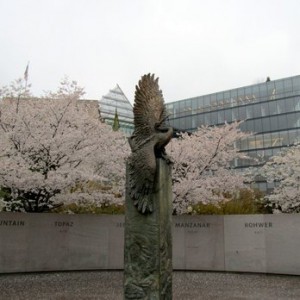
On March 30, 2005, Fred Korematu died. (NYT article) 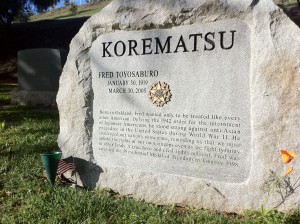
Tule Lake Segregation Center
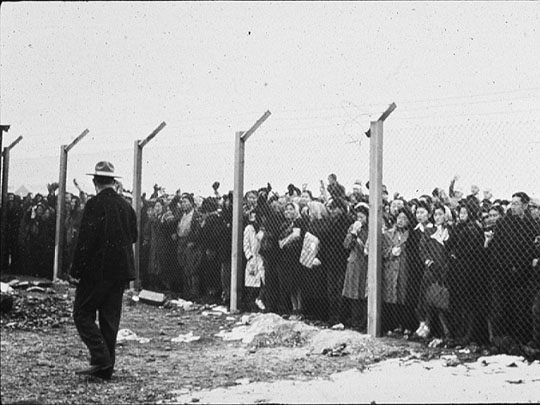
62 years after Korematsu vs United States, on February 17, 2006, the government designated Tule Lake Segregation Center a National Historic Landmark.
Fred Korematsu v United States
Don Miyada
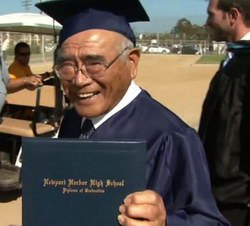
70 years afterward, on June 19, 2014, Don Miyada, 89, joined Newport (CA) Harbor High School’s 2014 graduating class on stage and received a standing ovation. He became an inaugural member of the school’s hall of fame. Miyada had missed his 1942 graduation because he was locked in an internment camp. [Independent article]
Supreme Court Again
June 22, 2018: he Supreme Court upheld the latest version of President Donald Trump’s travel ban, but as it did so, the Court also took the opportunity to expressly reject Korematsu v. United States.
The Court wrote, in an opinion by Chief Justice John Roberts:
Finally, the dissent invokes Korematsu v. United States, 323 U. S. 214 (1944). Whatever rhetorical advantage the dissent may see in doing so, Korematsu has nothing to do with this case. The forcible relocation of U. S. citizens to concentration camps, solely and explicitly on the basis of race, is objectively unlawful and outside the scope of Presidential authority. [Vox report]
January 26, 2021: the city of La Mesa, California issued a proclamation to declare January 30 Fred Korematsu Day of Civil Liberties and the Constitution. [Californian article]
